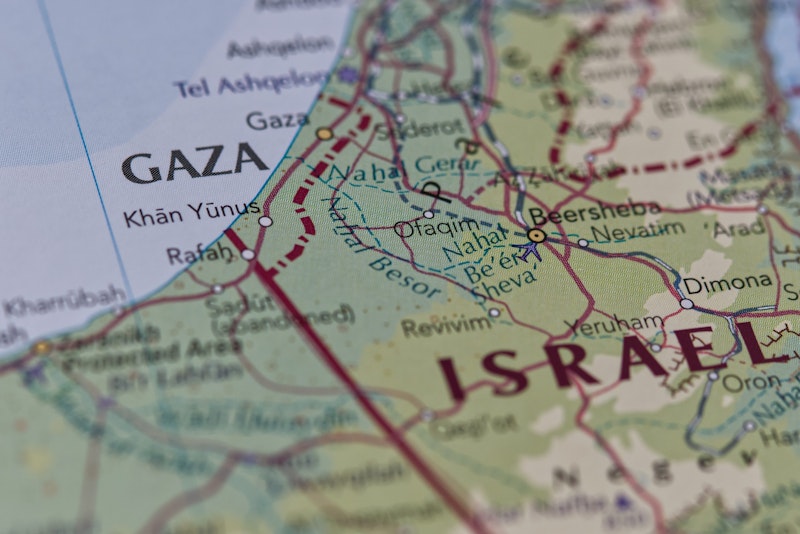I was underwhelmed recently to see some of my friends on Facebook complaining that their feeds didn’t show enough people denouncing Hamas’ attack against Israel. Were the non-posters indifferent to the slaughter of Jews—or in fact supportive of it? How could any Jews feel safe around them again?
I won’t accede to any expectation that individuals must issue statements responding to atrocities, or to current events more broadly. If anyone thinks that my not writing a Facebook post about Hamas means that I support Hamas, their ignorant assumption is their problem. Social media’s already algorithmically geared to amplify contentious and emotional topics, since those generate clicks and revenue. It’ll only get worse if people are expected to weigh in whenever terrible news breaks. It’s fatuous enough when, say, Taylor Swift gets criticism not for what she says, but for what she didn’t say. The idea that all people need to make public stands, or be judged guilty by omission, makes even less sense; Swift at least has a P.R. team that can work on how her views are presented and perceived.
For the record: I despise Hamas and want Israel to destroy it. I also want Israel to undertake its response with priorities of minimizing civilian casualties and demonstrating its moral as well as military superiority to the terrorists. I don’t claim to have a worked-out strategy for how to do this, which is one reason I’ve not been particularly inclined to write about the current situation. However, if I were the Israeli Defense Minister, I wouldn’t have started by blurring the distinction between Hamas and the Palestinians in Gaza more generally, announcing a “complete siege” to fight “human animals.”
Not long after Russia invaded Ukraine, I happened to be ordering some headbands online for use when I practice karate. I got several with Japanese characters signifying concepts such as “honor” or “power,” but I also noticed there was a headband available styled with the Ukrainian flag’s stripes of blue and yellow. I bought that too, reflecting my hopes for a Ukrainian victory against Russia. Those hopes are just as strong now, but I’ve only worn that headband once or twice. I quickly came to feel that signifying my support for Ukraine in this way was mere posturing that would be even less meaningful with repetition.
After the Hamas attack, some friends of mine in Israel posted an appeal for funds to buy security equipment (binoculars, protective vests, etc.) for a settlement where their daughter lives, on the West Bank near Hebron. I mulled this over. On one hand, I think Israeli settlements in the West Bank are generally a bad idea that’ve dimmed any prospect for peace, though I believe some settlements have better justifications than others; I’m also aware that some settlers have instigated violence against Palestinians. On the other hand, knowing my friends and having met their daughter years ago, I wanted to show support and felt confident that in this case the money would go to reasonable security needs; moreover, the Hamas attack underscored what could be at stake. I made my donation, not a huge amount but to my mind more important than any words I might’ve put on Facebook.
The news is moving fast, and anything one writes in response to it could easily be overtaken by events. Some days before the Hamas attack, I wrote a letter to Commentary magazine complaining about its editor John Podhoretz’s misstatement of a metaphor about politics involving a “topological map” when he should’ve written “topographic map.” The letter was a lighthearted comment that may or may not get published in a few months based on the magazine’s normal schedule. If it does get published, readers might perceive that I’m focused on trivia in times of war and suffering; that I just don’t care.
Kenneth Silber is author of In DeWitt’s Footsteps: Seeing History on the Erie Canal, and posts at Post.News.

